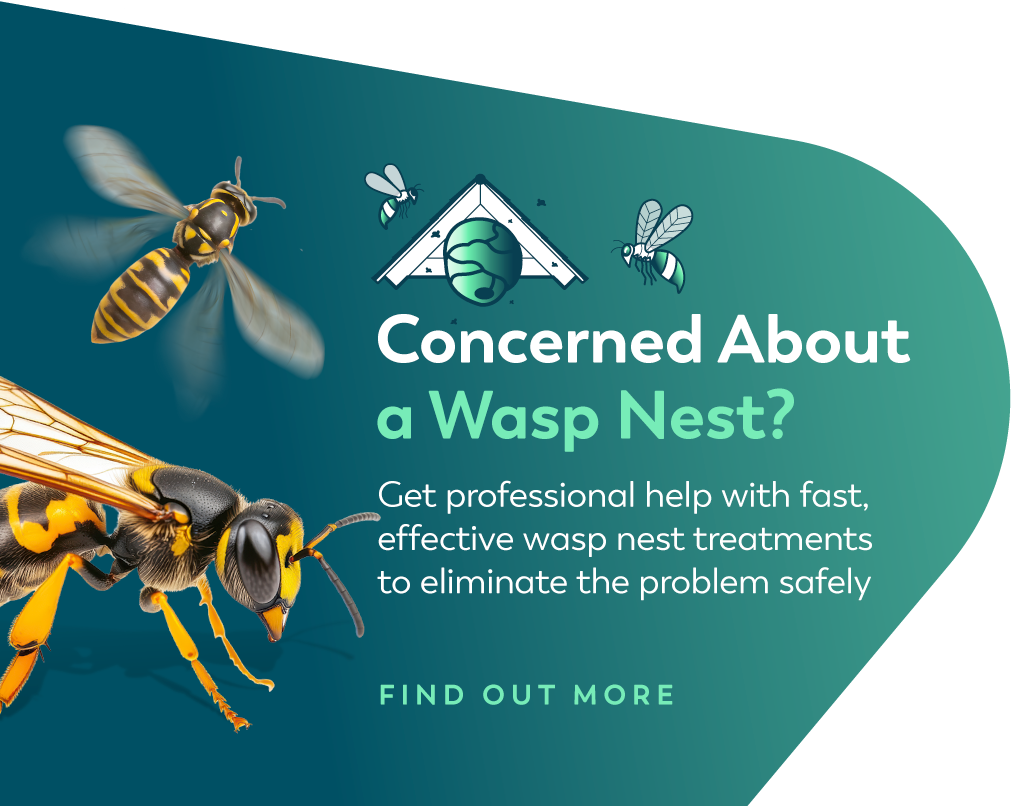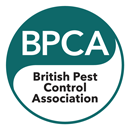Achieving effective pest control in food production commences with a thorough identification and comprehension of the specific types of pests that are prone to causing issues. Common culprits encountered in food production include rodents like rats and mice and insects such as beetles, moths, and flies. Once these pests have been accurately identified, Vergo will implement a comprehensive pest management plan encompassing a strategic blend of control methods to make your premises pest-free.
At Vergo, we understand the intricacies of pest control in the food production industry. Our expertise lies in developing tailored solutions to combat these challenges, ensuring a safe and hygienic environment for your food processing operations. Our comprehensive approach to pest management protects your products and upholds the highest quality and safety standards throughout the production process.
Contact us for professional pest control advice or to book a free, no-obligation quote for your food production organisation.

